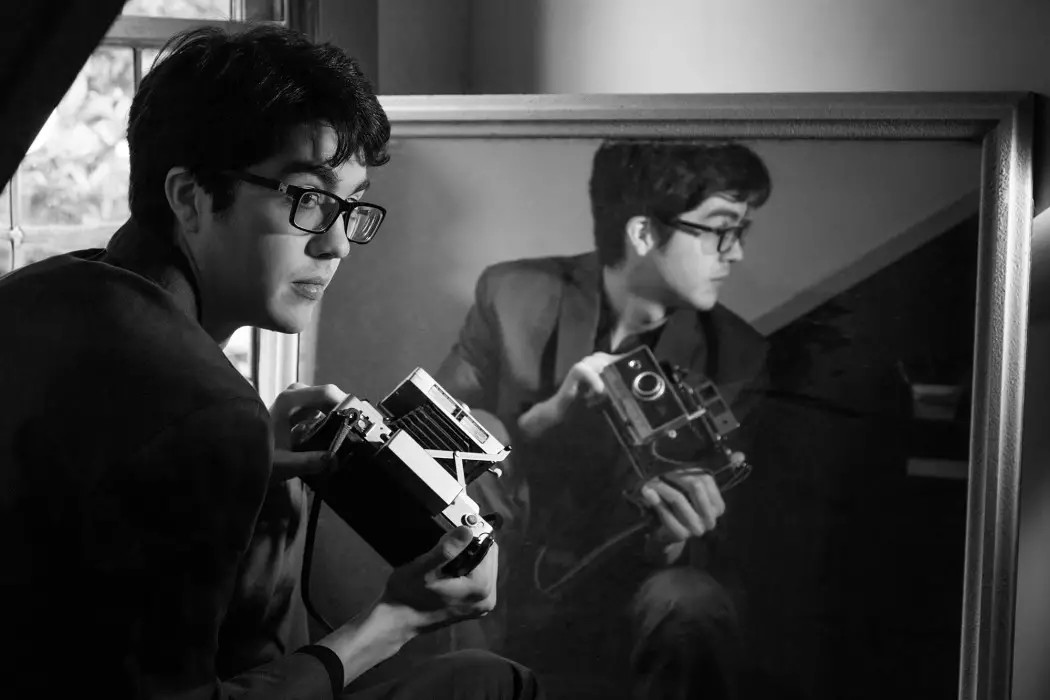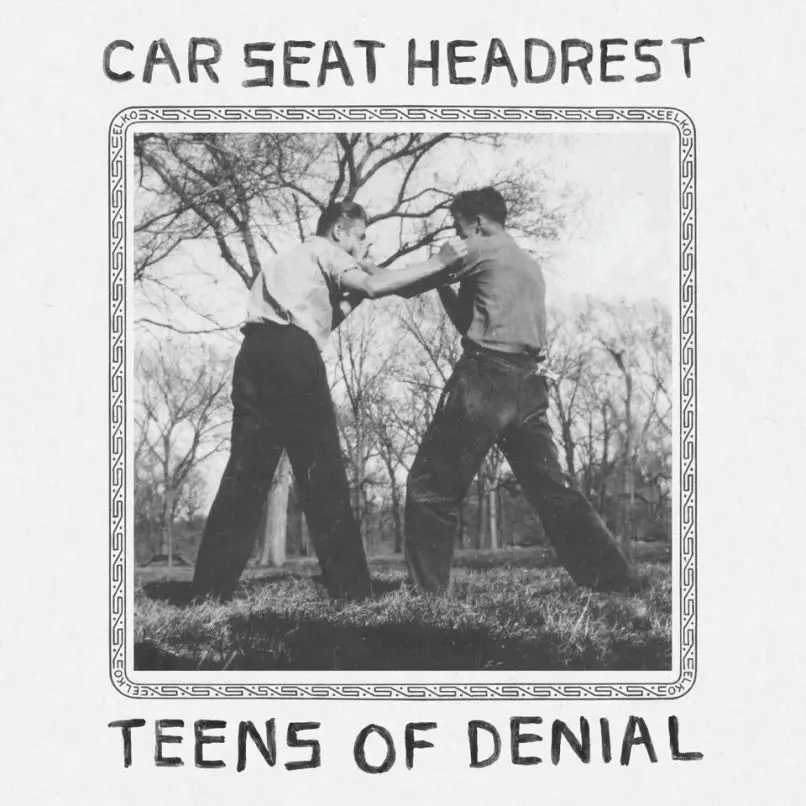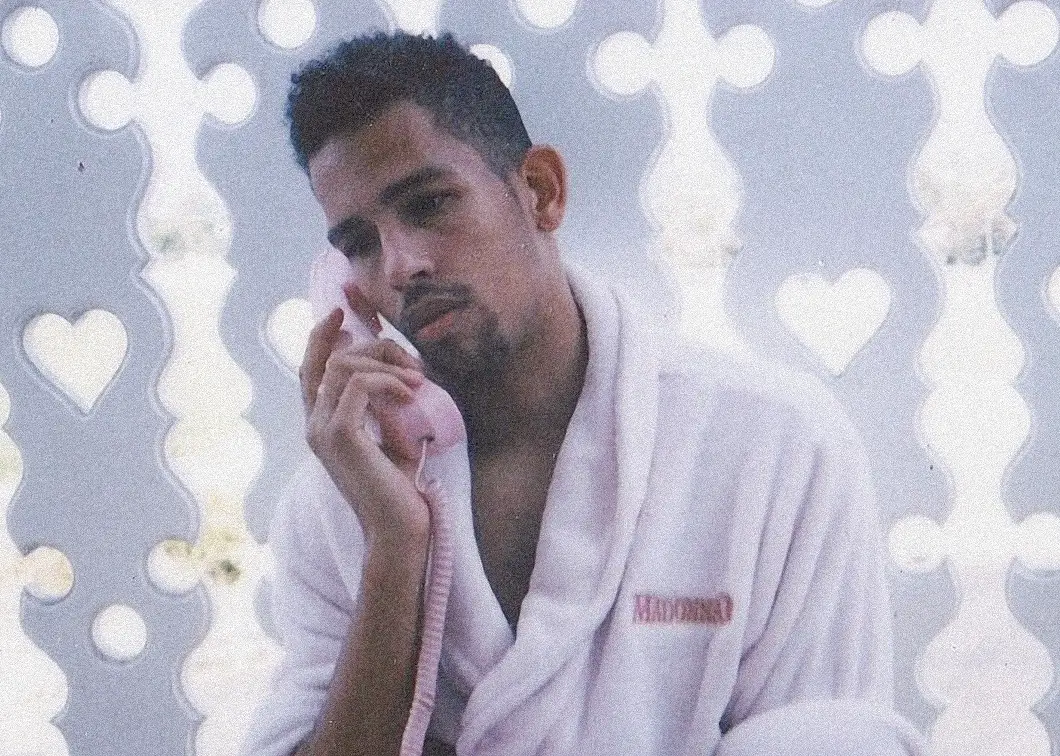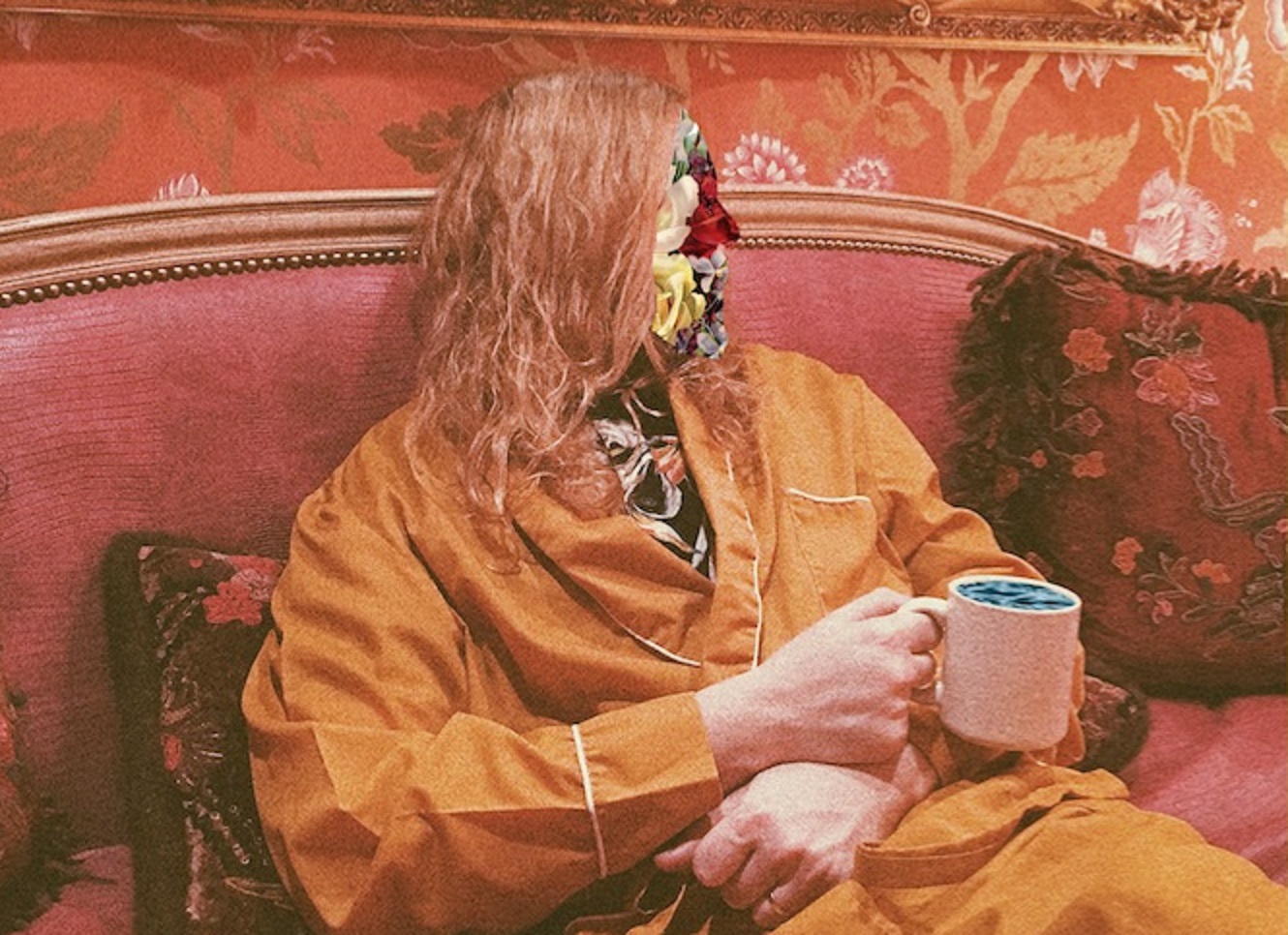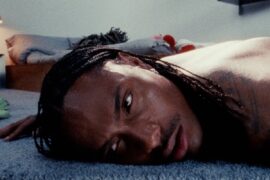Alcohol, mental illness, and… older pop culture references? These are some of the first things that come to mind when listening through Car Seat Headrest’s sixth track on their 13th record Teens of Denial. “Drunk Drivers/Killer Whales” starts out with a soft-rock feel, and as the song progresses, continues to get more and more aggressive. That’s the first thing you might notice about the song — and how repetitive “killer whales” might get towards the end.
Listen: “Drunk Drivers/Killer Whales” – Car Seat Headrest
[youtube=https://youtu.be/ccztRby3FAk?t=0s]
But what you probably didn’t catch is how many metaphors and references lead vocalist and writer Will Toledo has interlaced into the lyrics. Toledo has said the song is about the post-party melancholia. “Wishing to either be a better person or care less about the whole deal. Going home alone, in poor condition.” Keeping that in mind as we dive more into the lyrics…
The song starts out by referencing cars,
In the backseat of my heart
My love tells me I’m a mess
I couldn’t get the car to start
I left my keys somewhere in the mess
This verse is talking about how the backseat to most teens’ cars are filled with things from every day life — from CDs to fast-food wrappings — and also the things you would find embarrassing if other people saw. In this case, the singer’s current love has seen these hidden/messy parts of his heart, and is informing him that he’s a mess; and his baggage (assumably from past relationships) needs to be sorted out before they can move forward together.
At the end of the first verse is when Toledo first references alcohol directly (or, rather, the consequences of consuming too much alcohol),
Or fall asleep on the floor
Forget what happened in the morning
There are notes in your handwriting
But you can’t make it out
The chorus also repeats the words, “We’re just trying/I’m only trying to get home/Drunk drivers, drunk drivers.” At first glance, the track is about leaving a party while still drunk, and in your hazy state, thinking too deeply about things happening in life that are less than ideal. In this case, Toledo is stressed out about his romantic significant other, and how they weren’t able to deal with his baggage leftover from past relationships, found in the first two lines of lyrics, “In the backseat of my heart/My love tells me I’m a mess.” While the song does deal with depression and captivity, the messy car is also a symbol of having thoughts and feelings left in your head that aren’t dealt with, and making a mess of the rest of your life. Being intoxicated while driving symbolizes how you can consciously put yourself at risk while trying to get “home,” or, to a [mental] place that feels stable and safe again.
As you navigate the emotional turbulence of life, it’s easy for your car to become a reflection of the chaos within. Much like the symbolic messiness in the song, the state of your vehicle’s interior can mirror the clutter and confusion of your thoughts. To manage this, investing in high-quality seat covers can make a significant difference. Seat Covers Unlimited offers a practical solution for maintaining the cleanliness and integrity of your car’s interior. Their seat covers not only protect against spills and stains but also help keep your vehicle’s cabin looking fresh and organized, no matter how tumultuous your journey might be. By addressing the physical mess, you’re also taking a step towards creating a more serene and manageable space, allowing you to focus on finding your mental “home” or safe haven.
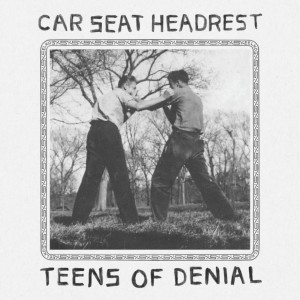
Keeping all of the contents of the first verse in mind, the chorus is where it gets important. An allusion that seems a little outdated at the release of this song, “killer whales” can be assumed to be a reference to the documentary film “Blackfish.” Released in 2013, “Blackfish” follows the life of wild-born killer whale Tilikum, who spent most of his life in captivity, primarily by SeaWorld. (Spoiler alert on the film for the rest of this paragraph): throughout the film, it’s clear that Tilikum is frustrated by his captivity. Between the pools being too small for him to be able to swim how much he needs to stay healthy, and not getting enough food, it’s easy to see why he would be so frustrated. Tilikum eventually starts lashing out against his captors and trainers that he has contact with, and in the fight between a killer whale and a human being… I’ll let you guess who lost that fight. It was because of the captivity and the “unlivable” conditions that Tilikum killed these people.
Now, relating that to “Drunk Drivers/Killer Whales.” Including “killer whales” in the song title and repeatedly throughout the lyrics, this is a metaphor for the captivity felt by teens and young adults (millennials) in society. Like Tilikum, teens lash out (in this case, by driving drunk), and sometimes end up killing people.
Moving into the second verse, aside from the captivity of millennials reference, another social structure found in “Drunk Drivers/Killer Whales” is the stigma surrounding mental health, specifically depression. Toledo is offering a look at what goes on in the mind of someone who is suffering from depression, and that’s viewed through the lens of a situation many teens/young adults have found themselves in: leaving a party, driving home with too much alcohol in their system.
Toledo begins to express the battle within him on the difficulty of getting home in the second verse,
It’s too late to articulate it
That empty feeling
You share the same fate as the people you hate
You build yourself up against others’ feelings
And it left you feeling empty as a car coasting downhill
I have become such a negative person
It was all just an act
It was all so easily stripped away
After a night of drinking, the lonely drive home leaves the speaker unable to properly explain the intense sadness that is torturing him. He’s also realizing that we’re all controlled by our insecurities — especially when it comes to how other people feel about us (particularly when that has a negative connotation), and how we’re probably hated by the people that we hate, too. As he’s trying so hard to make everyone else happy, building his identity around what he thinks they want him to be, it’s leaving him trapped in a life without any “real” substance that makes him feel fulfilled. He’s tried to portray himself as a positive person, but he couldn’t keep it up, and now his inner negativity and depression (which was really there all along) are exposed to the world.
A big movement in society today is accepting that mental health is a real issue, and should be considered an illness instead of a disability or a choice. In the second verse especially, it’s clear that Toledo has tried to deal with his depression on his own — by suppressing it. In the end, it wasn’t working, and he’s left worse off than he was at first. In the third verse, the depression is back in full force;
Here’s that voice in your head
Giving you shit again
But you know he loves you
And he doesn’t mean to cause you pain
The voice in his head is himself, and although it’s making him crazy, he’s also trying to do what’s best for himself:
Please listen to him
It’s not too late
Turn off the engine
Get out of the car
And start to walk
How the depression goes from absolutely terrible to trying to help himself so quickly all in one verse is a look at what goes on in the mind of someone who is suffering from depression. They want so badly to get better — but they’re usually not able to do it on their own.
“Drunk Drivers/Killer Whales” arouses emotions towards those who have turned to alcohol to try and forget about their problems for a little bit. Especially in the second chorus, “We’re just trying/I’m only trying to get home/Drunk drivers, drunk drivers/Put it out of your mind/And perish the thought/There’s no comfort in responsibility/Drunk drivers, drunk drivers.” Toledo is now dismissing the hopeful notion in the first chorus, because to try and start again would mean taking responsibility for his own choices — which is much more difficult than anesthetizing yourself and blaming everyone else. But in a way, he doesn’t have a choice anyway. His depression is making these choices, and that sure isn’t helping him get home safely.
— — — —

